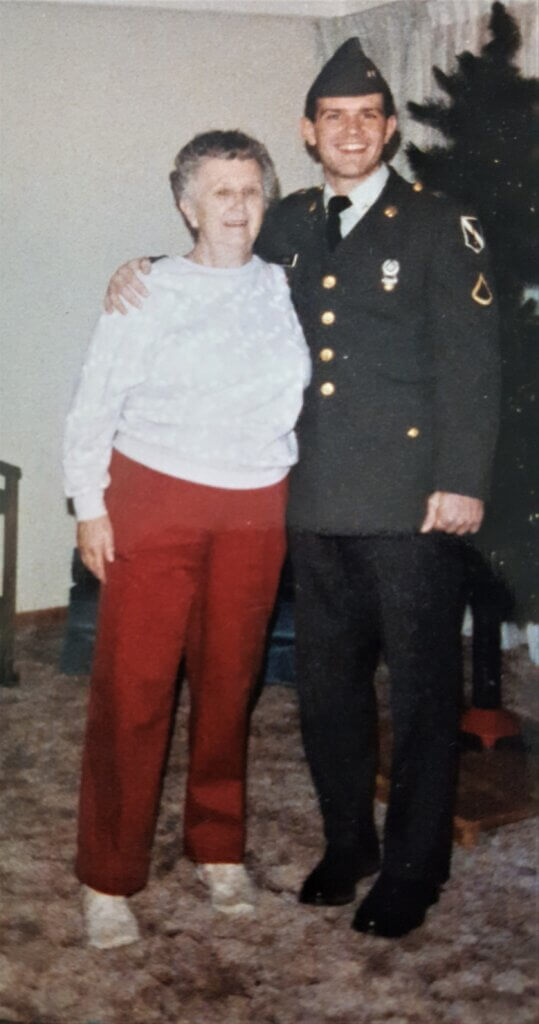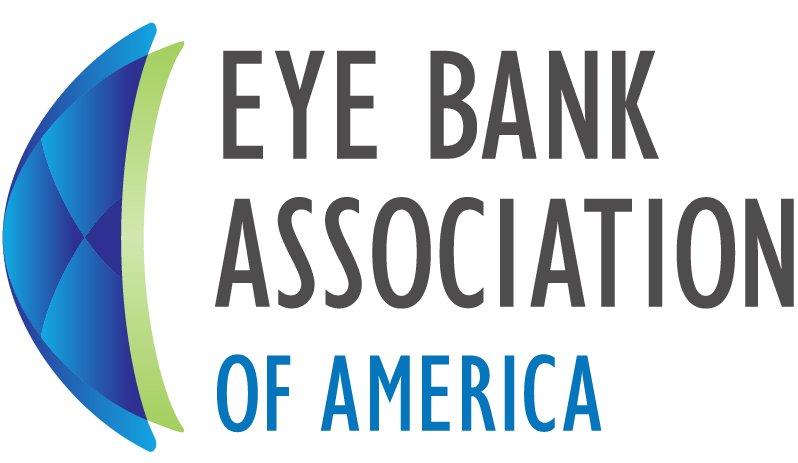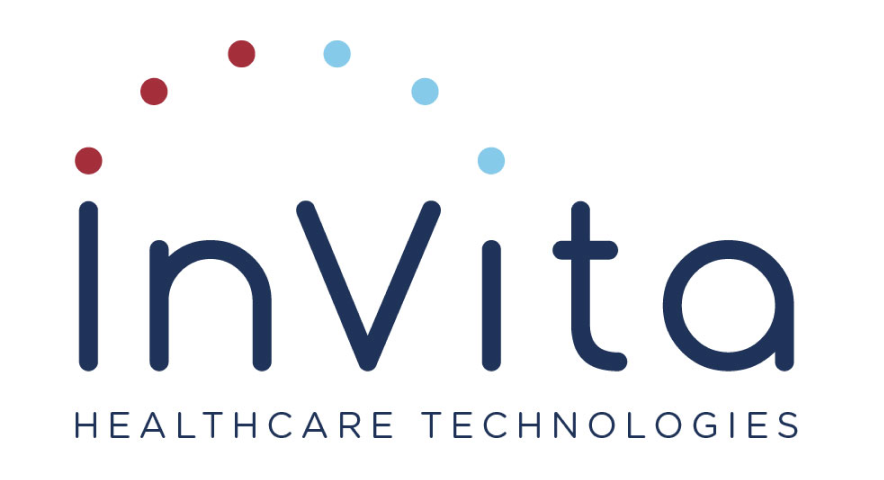
Gregory Rubeo
VisionFirst, Accounting Manager
Army & Army National Guard (E4)
After spending two years in college, Gregory Rubeo realized he could really use some help in paying for his education. As part of the GI Bill, the Army would exchange six years of service for assistance with tuition. Greg’s grandfather had been in the military during WWII, so military service was a natural career move; Greg enlisted in 1986.
Greg went to Basic Training at Ft. Bliss in El Paso, Texas, which he describes as a “total culture shock.” He says, “Basic training was really, really hard. We had a cold spell and the barracks were made for heat – not snow. It was a lot harder than I thought.”
Other places where Greg was stationed included New Mexico, Michigan, and Georgia, where he was trained in electronics repair. He continued with electronics repair as a member of the 73rd Infantry Brigade, 237th Support Battalion, and jokes that most of the devices he was trained to repair don’t exist anymore. Although Greg was never in combat, he got to do “cool stuff” like combat simulations and flying in helicopters.
While in the Army National Guard, Greg was also enrolled in college, studying psychology at Kent State. Doing both at the same time “kept him disciplined.”
During the Gulf War (Operation Desert Storm), Greg was activated to inspect equipment being sent to the Middle East – he remained Stateside. His efforts at home gave him great satisfaction knowing that his work were setting his fellow soldiers up for success. After six years of military service, he considered re-enlisting, but he wanted to use his psychology training, and if he was an Officer, he’d have no say in what his role would be.
Greg says he had a “long twisted road to eye banking.” After earning his BA in psychology, he helped run a doctor’s office. The practice was bought by a company which sent him for business training. While being trained, he thought he should focus his master’s studies on business. While at Indiana Wesleyan he worked in dental offices, and later for an accounting firm – which he didn’t love. When he saw VisionFirst was hiring, he was attracted to the mission, and the non-profit aspect of the work – it was a nice change from the corporate world.
When asked about the benefits of his military service, Greg says his time in the service helped him with organizational skills and working independently. “The military will do two things: teach you what you DO want with your life, and what you DON’T want with your life. It’s a good transition to figure out what you want to do and gives you direction. Military service gives you a solid base to grow both personally and professionally.”


